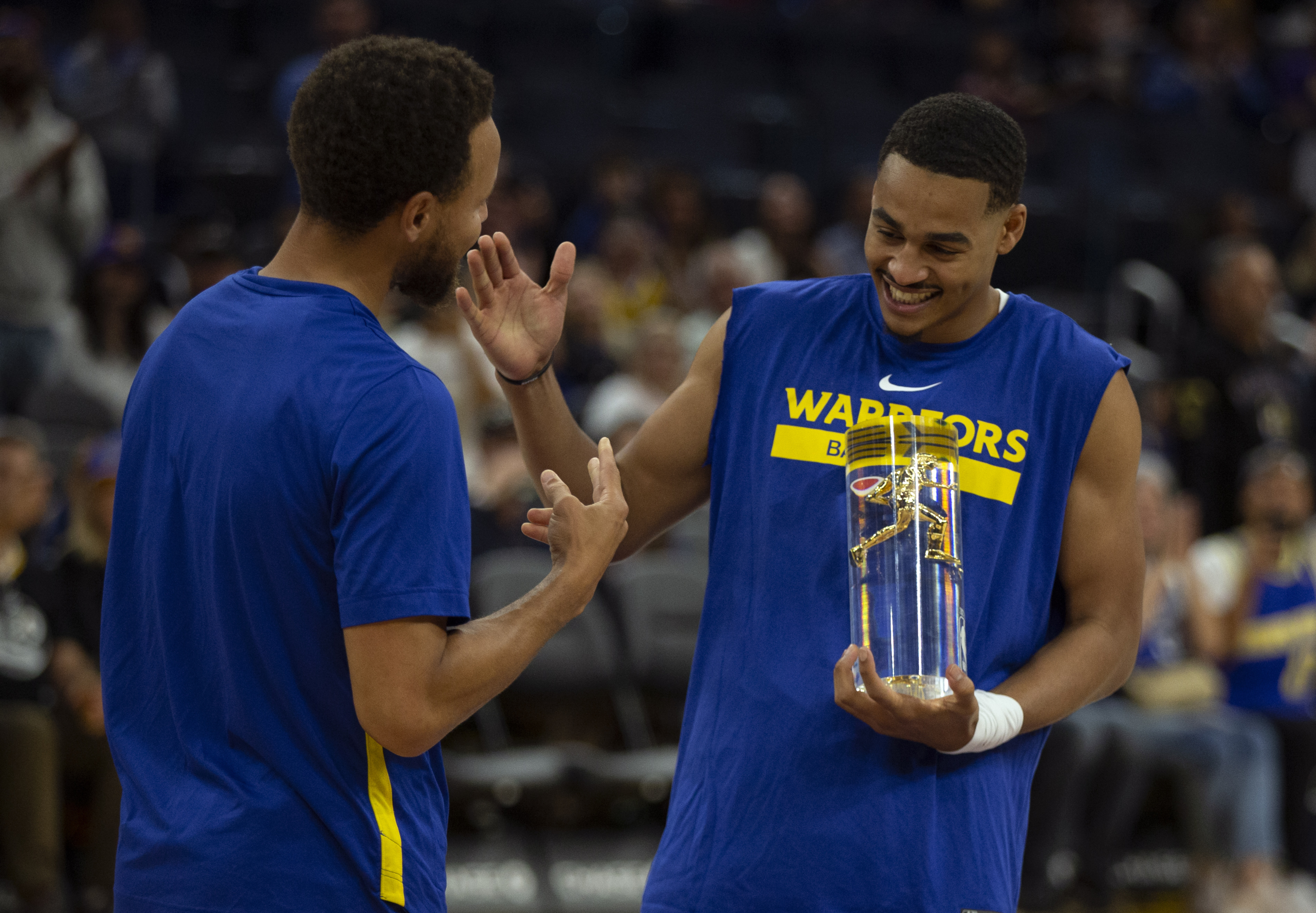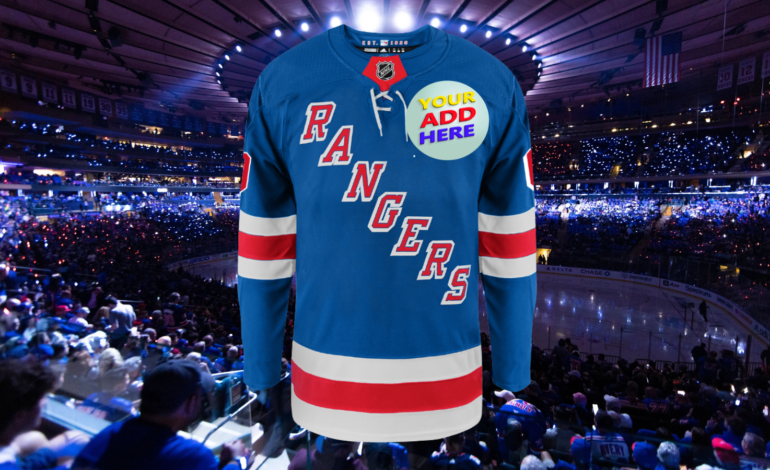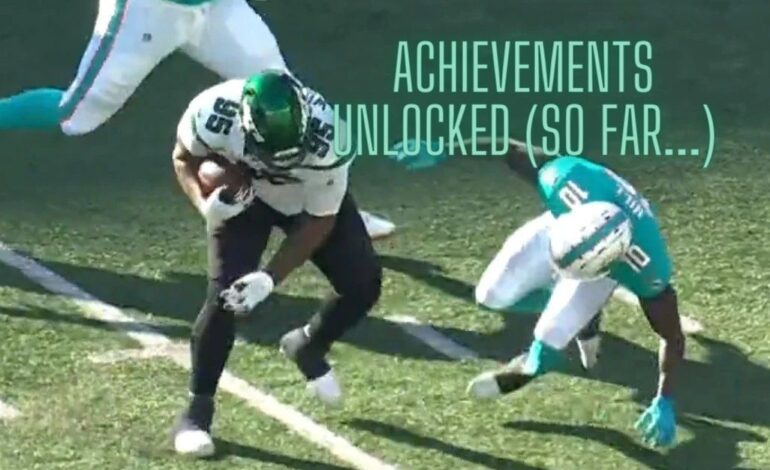With the Golden State Warriors announcing Draymond Green’s return to the team on Thursday, discussion predictably centered around if his punishment was severe enough. Since we live in America and are obsessed with punishment, it was the natural progression to this saga. It’s not so much about Draymond Green getting what he deserved as much as getting what we feel he deserves. Rehabilitation, mending fences with those actually wronged, pathways towards restorative justice, and letting the community one is in work through punishment and rehab are often foreign concepts in Narc Nation.
It’s not so much if Draymond should be punished, that answer is easy. The challenge is what is most appropriate considering his actions and track record. Who gets to decide the ultimate punishment? And how Green will be held accountable both in the present and moving forward. These questions are more difficult to answer and have longer shelf lives than the deliberation and duration of the punishment.
Players Decided Draymond’s Punishment

When the Warriors made it clear the players were going to determine the severity of Draymond’s punishment, a fair guess would have been that it was going to be on the shorter side. Just as we see players rush back from injury so they can play, the locker tends to be very focused on having the best available players at their disposal to win. This can lead to sweeping bad behavior under the rug. It can also demonstrate paths to restorative justice that holds someone accountable without condemning them.
Historical Punishment
My initial thoughts on punishment after the punch were to look up what Bobby Portis and Steve Smith got for punching teammates in the face. Both of them broke bones and landed with 8 NBA games (Portis) and 2 NFL games (Smith). I can understand an argument that Green didn’t break any bones in Jordan Poole’s face so the punishment should be less, though that seems more luckily than intentional. There is a material difference in outcomes, but the intent seems identical without knowing the particulars of each situation.
Because of this, I leaned toward 5-8 games. Draymond Green would miss ring night (huge), games, and game checks (creating a steeper financial punishment than a fine), all things that are bound to be painful. However, wondering if he should be traded, out for a month or two, or have criminal charges pressed seem extreme. All of these stunk of love for punishment and vindictiveness. The infiltration of Narc Nation was strong.

Why the Players?
Ultimately, it would make sense that Green’s teammates be the deciders here. First and foremost, his ability to mend his relationship with Poole was paramount. His words both in public and private are a start, but his actions over the next months is more important. If Poole is able to trust Draymond to do the work, that seems more important than what anyone else thinks.

Next comes the rest of the team. To watch your emotional and most vocal leader clearly lose control is a breach of trust. Even if you know Draymond lives on the edge, for better and worse, witnessing it turn to this seemed to take everyone back. While we know humans often give those close to them leeway for bad acts, there is something to be said about a community determining punishment over those far removed. If we care about rehab as much as punishment, involving the community seems a better path to ensure the former.
What We Can Learn about Punishment and Justice
I say all this while still feeling the punishment is on the light side. For someone with Draymond’s history of losing emotional control, this somewhat feels enabling. Yes, he missed some practices, and a preseason game, and faced public and private embarrassment, but it feels there should be more. That’s the thing with restorative justice. It attempts to put our desires, somewhat, to the side for a bad man did a bad thing so he gets punished, and explore how to help the bad man grow from that situation.
A goal of winning games can cause us to make decisions that eschew accountability. We can default to explaining away actions that we typically wouldn’t tolerate. Other times, it might help us put putative desires aside and focus more on rehab and group cohesion. Time will tell how Green, Poole, and the rest of their teammates went about this situation. We also might never get some definitive answer that we crave. What ultimately matters is those inside the locker room, the sports family, are comfortable with the punishment and feel empowered to hold Draymond accountable should he break their trust again. That’s what true justice and care for people is all about.






